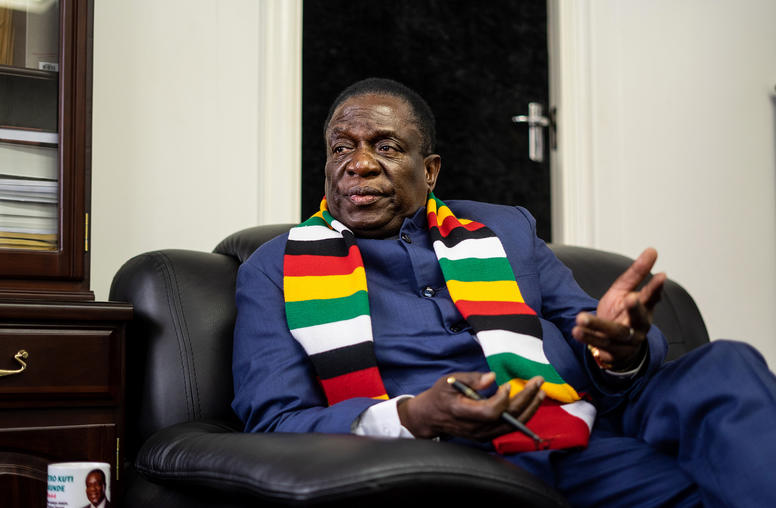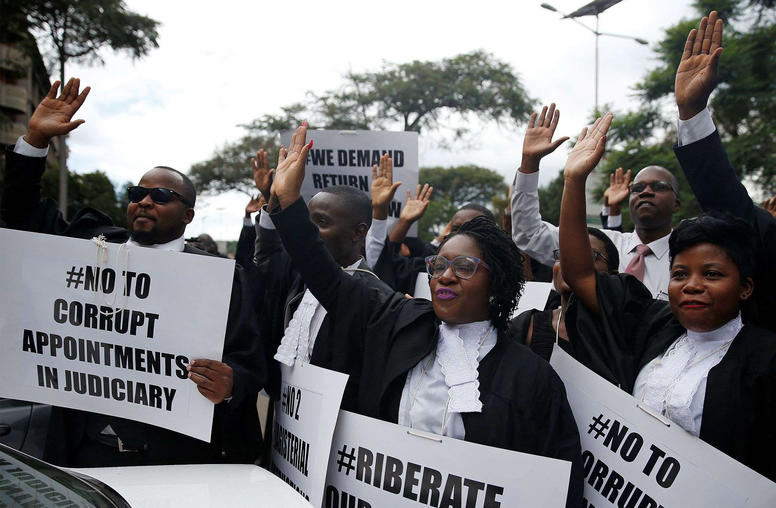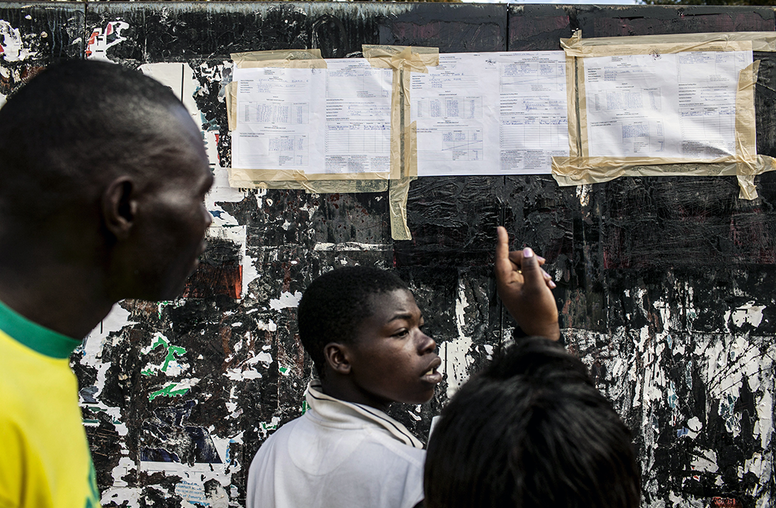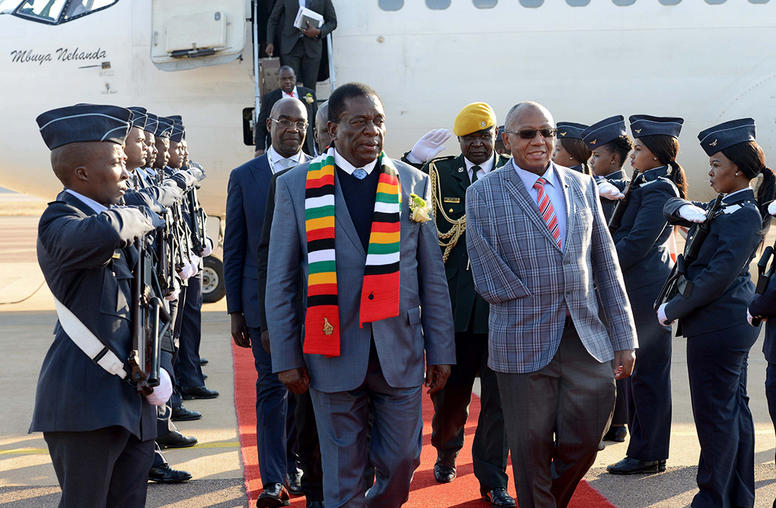Zimbabwe: A Pre-election Report
A public event co-sponsored by USIP and Freedom House
On March 29, Zimbabweans will go to the polls to vote in general elections. The conditions for credible elections do not exist in Zimbabwe at this time and the odds appear stacked heavily against the possibility of free and fair elections. Currently, the electoral regulatory bodies are tightly controlled by the regime, voters' rolls are unreliable, and the registration process has been flawed. On election day, credible international observers have been denied access. What are the security conditions on the ground? What is the public mood toward the upcoming elections? What are the prospects for meaningful elections? What are the steps being taken by civil society organizations and the international community to ensure meaningful elections?
Archived Audio
To listen to audio or to view video, please click on the links provided below. You also can right click on the links and choose "Save Target As" or "Download Linked File." This will save the file to your computer and then allow you to play it in your media player directly. More Audio Help.
- Listen to the audio from this event.
1:37:42 - 17.3MB
Speakers
- Ray Choto
Senior Editor, Voice of America, Zimbabwe Desk - Thomas Melia
Deputy Executive Director, Freedom House - Dorina Bekoe, Moderator
U.S. Institute of Peace - Ozong Agborsangaya-Fiteu, Moderator
Freedom House



